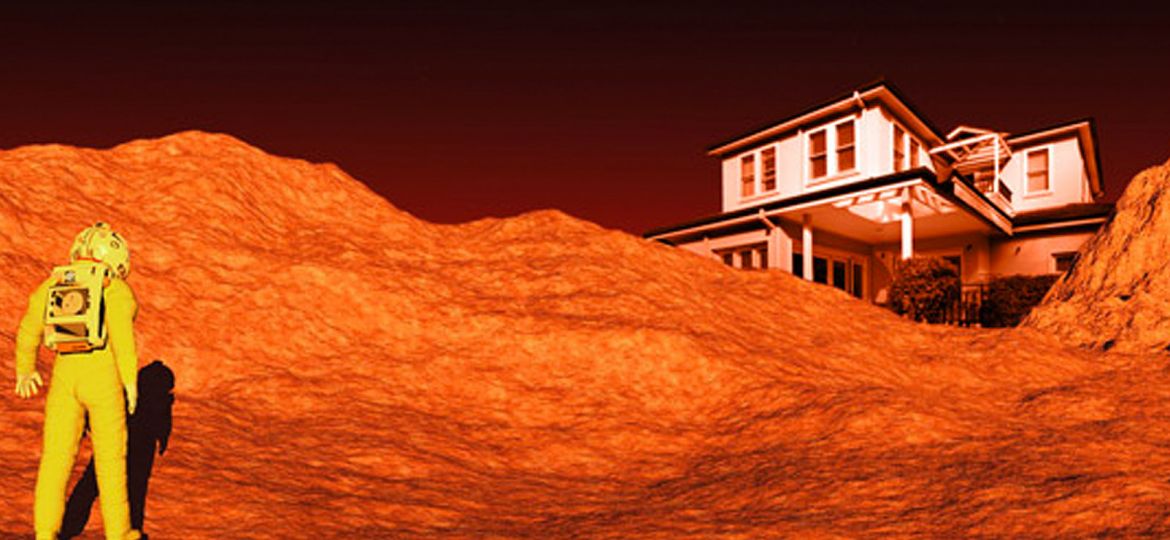
WHY THIS MATTERS IN BRIEF
- Elon Musk wants you to live on Mars but today’s ticket price of $10 Billion is too high for most individuals so he has a plan to get it down to just $200,000
Last year Elon Musk, the CEO of SpaceX and Tesla, delivered an address at the International Astronautical Congress held in Guadalajara, Mexico where he outlined his vision of not just getting humans into space, but also creating what will be humanities first Martian colony, from the year 2022 onwards.
Last week he consolidated his speech down into a fifteen page article that was published in this month’s issue of the journal New Space, and in it he focused on affordability as a major factor to ensuring we colonise Mars.
“You cannot create a self-sustaining civilization if the ticket price is $10 billion per person,” he says, going on to say that he believes the cost should be about $200,000, or the equivalent of the average house price in the US.
In order to achieve his goal of affordability though he has to first do some very radical things, and change the economics of space flight. The first step, he says, is to develop fully reusable transport, such as a reusable Falcon 9 and more importantly a reusable Falcon Heavy, SpaceX’s heavy lift launch vehicle that can haul just under 45 metric tonnes of cargo and humans into space. And then next comes fuelling, another key factor in controlling costs because equipping any spacecraft with additional fuel will significantly increase the weight of the craft, and therefore the expense and complexity of hauling it all into space. To solve this problem Musk is suggesting using Methane produced on Mars that, if successful, would allow them to refuel using resources native to the red planet.
Increasingly many experts, such as Stephen Hawking, believe that in order to ensure the survival of our species, in some cases beyond 2150, and especially as we witness the rise of Artificial Intelligence, we must work to be multi-planetary beings and even NASA is now starting to get serious about the next step of creating genetically modified astronauts that are “optimised” for living in space. And arguably, Musk’s vision to get us to Mars is the first step towards achieving that goal.
That said though colonising Mars is one option to save the planet, or us, but other companies and individuals are floating others, such as mining the Moon for resources, and even turning asteroids, which in the case of one 250km wide asteroid “of interest” has hundreds trillions of dollars worth of Nickle and Iron, into spacecraft that we can bring closer to Earth so we can mine them.
We are entering an exciting new crossroads for humanity and things are only going to get more interesting from here – that is unless the brakes on the asteroid NASA turns into a spacecraft fails and it slams into the Earth in which case all bets are off…
















